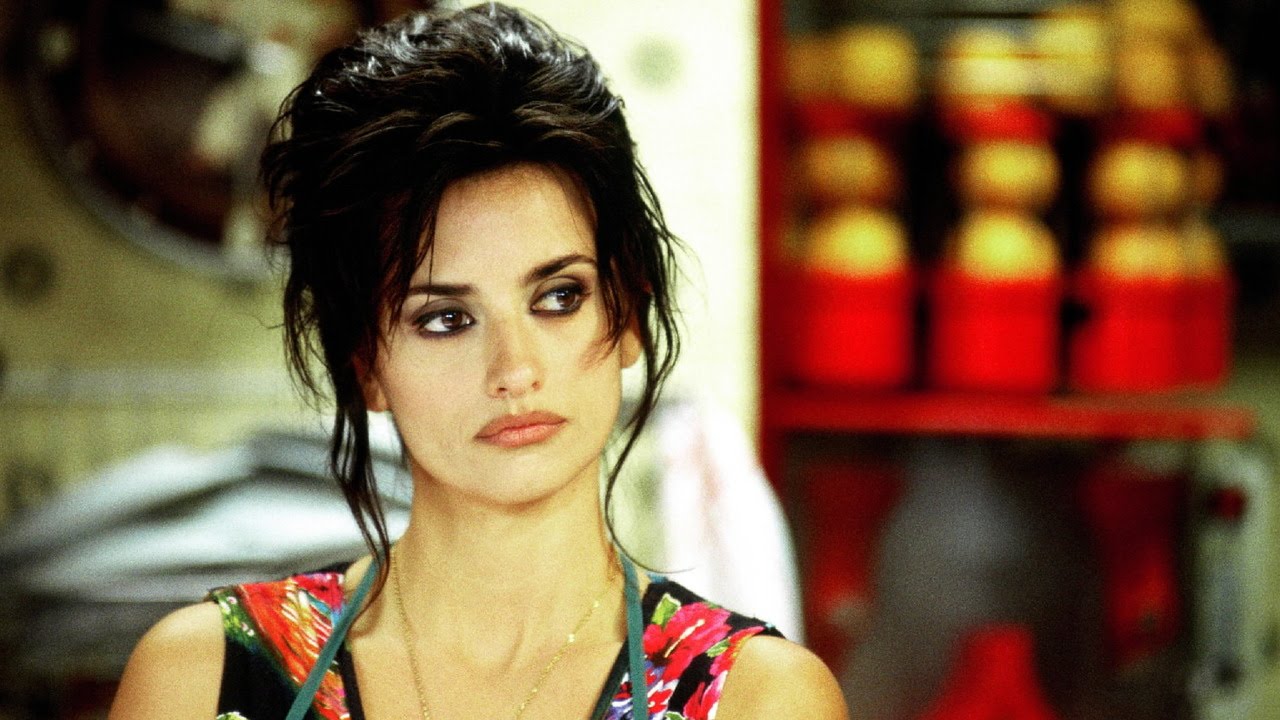
These days, Spanish cinema has become a mature-content and technical configuration kind of cinema worthy of being exposed in any European country or the US. In relation to the esteem other nations such as France or Italy have for Pedro Almodóvar or classic Spanish realisateurs like Luis Buñuel, Luis G. Berlanga or Carlos Saura, it turns Spanish cinema productions into honorable rivals and companions of other cultures.
In fact, Spanish films have won some of the most renowned traditionally established awards. Past successful productions have taken Spanish cinema to an internationalization and modernization level that today is still highly enjoyed, in spite of some problematic pending issues, such as the state’s involvement or the formation of a strong cinematographic industry that is able to handle interests in favor and not against filmmakers.
Triumphal cinematic Spanish films with no model concessions and no identity refusal, great successes of the cinema industry of the last 15 years riddled with no concealed and great audience pull effect-addressed films.
1. Mondays in the Sun (Los Lunes Al Sol, Fernando León de Aranoa, 2002)
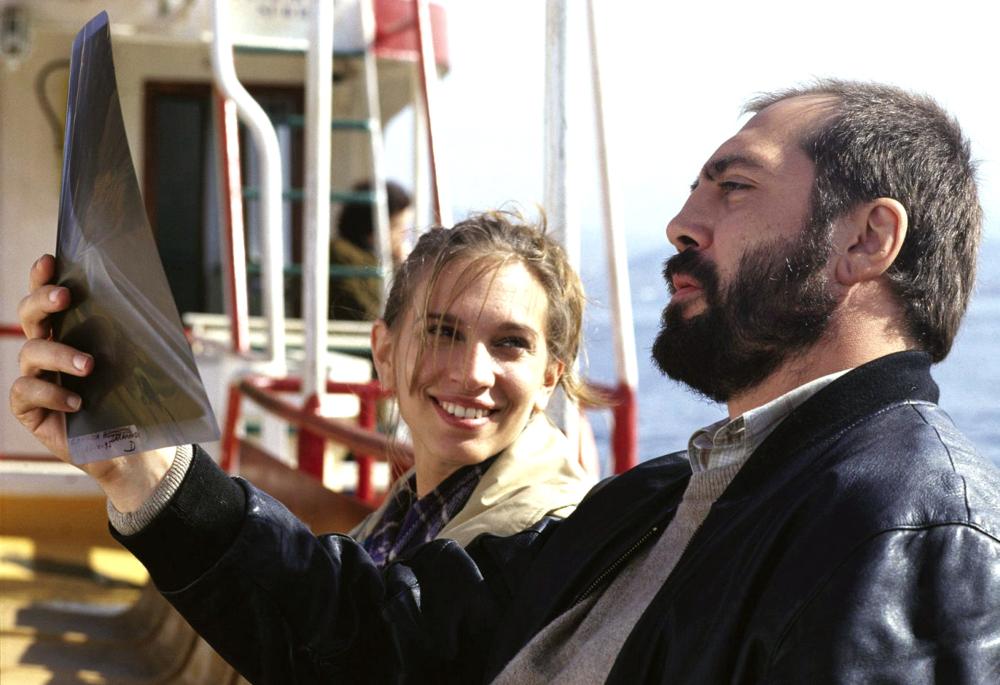
Five friends who once worked in a dockyard that suffered from Vigo’s industrial modernization and protests against mass layoffs live their lives as best as they can; one works at a bar, another one is a security guard, but the others have no job yet. Dealing with universal unemployment concerns but deriving in a myriad of problems known by every human being adds an extraordinary richness to the story.
A documentary treated in lighting matters, “Mondays in the Sun” is an anecdotal film, with few locations carrying its development on the weight of its characters defined with mastery. Fernando León de Aranoa handles an ostensibly invertebrate script, with naturalness-filled dialogues by an ideal cast passing out simple emotions with great strength.
Through the apparent lightness of daily and recognizable life, we address the rigid mechanisms of an unsupportive society, incapable of employing people of a certain age, undermining most sacred bonds, leading the weakest toward a false start, with unemployment disclosing as a serious matter, not only because of economic scarcity but also because a man without a job sees his dignity greatly affected.
Fernando León de Aranoa avoids easy didacticisms that lead in condemning people and institutions but leaves his film with a sore and defeatist taste, as if the current state of affairs is immutable. Introduced cleverly, no criticized situation originator names are mentioned, ensuring to lighten the undeniable ideological burden through character humanity.
2. Pellet (El Bola, Achero Mañas, 2000)
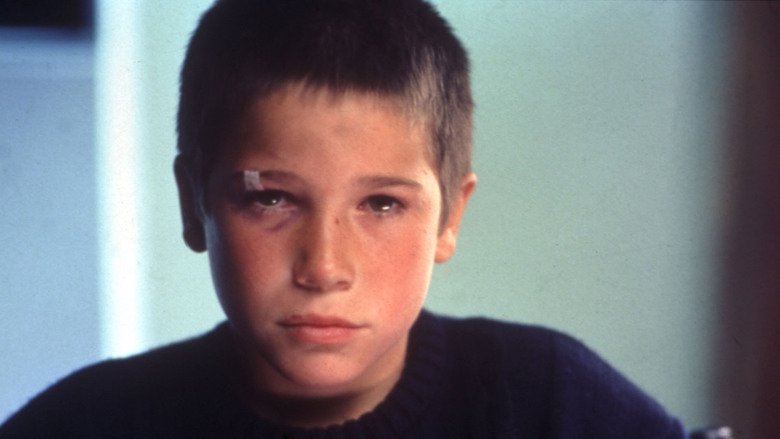
After starring in several films in the 90s and directing a Goya-winning short film, Achero Mañas resolved to direct his first feature film about a 12-year-old boy called Pablo, but best known as El Bola. He is smart and awake but with home issues that make him feel isolated regarding relationships with kids his age, until one day he meets Alfredo, a new kid at school with who he starts a profound friendship that’ll introduce him to other family realities, giving him strength to face his own.
The film tackles with restrained rawness child lonesomeness; the viewer witnesses the havoc a violent father can induce in a child’s emotional and personal balance. A precise script and a magnificently directed cast complete a sincere and daring film meaning a moral hit to conscience and sensitivity.
In its development, the contrast between unlike family atmospheres is employed, derivative from personal attitudes and different socio-cultural environments, one portraying authority respect that leads to a healthy growth linked to familiar context, and another showing vehement authoritarianism, leading toward rebellion and generational disagreement.
3. Pan’s Labyrinth (El Laberinto del Fauno, Guillermo del Toro, 2006)
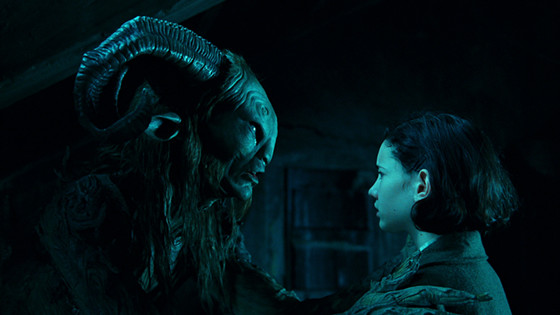
In post-war era Spain in 1944, Ofelia, a 13-year-old girl, travels with her mother Carmen, convalescent due to an advanced state of pregnancy, to a little village where Carmen’s new husband Vidal, a cruel Francoist army captain, is stationed, to whom Ofelia has no fondness.
In “Pan’s Labyrinth”, two different and disjointed plots coexist: on one hand, the storyline that follows Captain Vidal’s movements, portrayed by Sergi López in what could be the best character interpretation of his entire career, in his efforts to conquer an area occupied by a minor group of maquis; and on the other, the slope of the story that focuses on the discovery the girl makes of a portal that transports her to a fantastic world in which she is the long-time sought princess of an imaginary realm.
Guillermo Del Toro’s care for production design can, and must, be qualified as magnificent, but moreover for the impressive knowledge and the terrifying realism in which the director captured a time so obscure and disgraceful of Spain’s recent history, managing to convert a local tale into an awesome universal-nature story.
4. My Life Without Me (Mi Vida Sin Mi, Isabel Coixet, 2003)
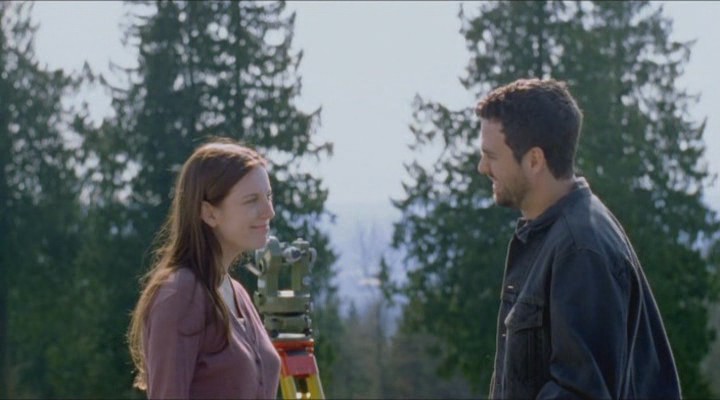
Ann is a young woman living with her husband and her two daughters in a caravan, while cleaning the local university building as a living. After fainting, an irreversible tumor is detected and Ann will use her two remaining months in order to do things she never managed to do and leave life solved for her loved ones.
Isabel Coixet based her story on a short novel where imminent death of a young woman and will to live her short time left intensely are core themes, making her character keep her secret to herself in order to make it easier to develop its own silent carpe diem. Henceforth, Isabel Coixet knew how to build an inspired story transcending every rough detail and emerging as a singular poetic allegory of human existence.
An honest and sensory celebration of life avoiding intellectualisms instilling slow but stirring into one’s self. We witness the fast progressive decline of a 23-year-old woman, a heartbreaking, simple, intimate and brave journey of a mother, wife, daughter, friend and lover who walks toward the end with a serene look in her eyes, a solid purpose and an immense love that dwells inside a body already fading in a spirit still shining.
The protagonist’s glance, built upon a delicate image treatment and a correct soundtrack, full of dim horizons, close up shots and poetic framings approaching characters pictures the idea that people are loads of different people at a time; nevertheless, we are nearly forced to be just one, or maybe two. Our polyhedron-like view is most times brutally hacked leaving us on a simple square or vicious circle showing a single side of what we really are.
5. The Others (Los Otros, Alejandro Amenábar, 2001)
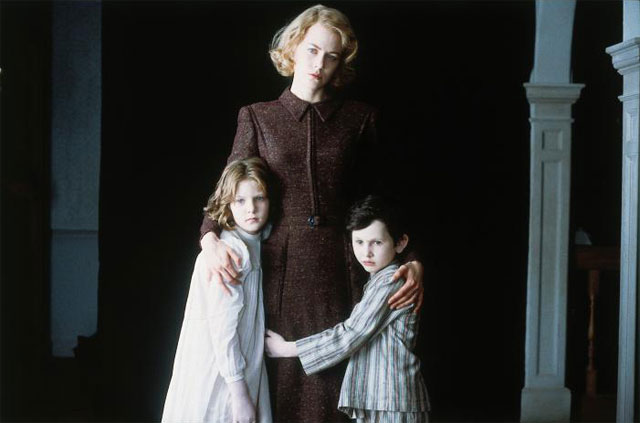
Grace lives with her two children in a sort of obliged reclusion. Her children suffer from a strange illness that impedes them from having any daylight contact and are compelled to live in a perpetual dimly lit environment. The overprotective mother (Nicole Kidman) tries by all means necessary to make her children’s life comfortable.
A notable film in both technical and creative aspects; superb cinematography, from suffocating interiors to sinister exteriors enveloped by a characteristic British mist, with music composed by Amenábar himself, is another perfectly used tool to boost intrigue.
Amenábar’s best film to date, noticeably influenced by the master Hitchcock, not only by its staging and British-style elegance but by the master of suspense’s essence itself, placing a blonde as the one and almost only leading role of a tale that works as a weapon to deal with personal fears and share them with the general audience.
The director turns upside down all the genre clichés, making light over darkness into common fear, helped by a paused film action that grants the story more intensity than in other hasty horror film plots, minimalism drowning us in its simplicity. A classic cut film, no FX, no blood and no other guarantee than vast talent.